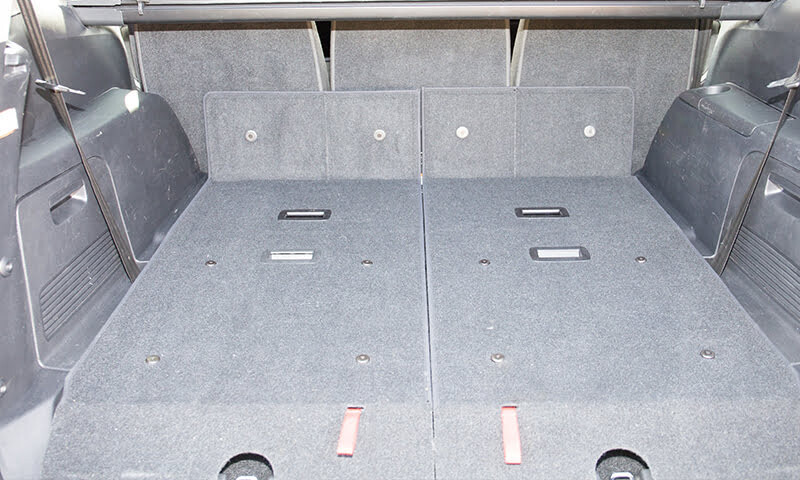
According to Grandview Market Research, automotive flooring is slated to reach $947.4 million by 2025 with key consumer trends leading its growth. Ensure your flooring is able to address these trends, resonates with consumers and uses the right materials in its assembly.
Trend #1: Increased Comfort
Consumers increasingly prefer peaceful and smooth car riding experiences. Automotive flooring manufacturers can capitalize on this trend by using the right flooring materials to significantly reduce noise from the road and powertrain and increase passenger comfort.
Trend #2: Improved Interior Aesthetics
Additionally, consumers prefer their automotive interiors to be aesthetically pleasing and free of dust, corrosion and signs of wear. Automotive flooring can address this trend, too, offering protection from outside elements and boosting a vehicle interior's appeal and perceived value.

Trend #3: Increased Sustainability
Further, consumers look to reduce their carbon footprint when driving. Automotive flooring manufacturers can capitalize on this trend, too. Using lightweight flooring materials, automotive flooring is able to improve fuel efficiency and reduce carbon emissions. Additionally, certain automotive flooring is recyclable. This feature further appeals to consumer preference for increased sustainability and environmental benefits.
The Right Adhesive for Automotive Flooring
As adhesives increasingly replace mechanical fasteners in vehicle assembly, they are especially important in bonding automotive flooring applications. In particular, the right adhesive can further the flooring’s ability to meet consumer demands in the following ways:
- Noise and vibration damping capabilities for an even quieter ride
- Uniform application for seamless, durable bonding appearance
- Compatibility with certain flooring materials for increased recyclability levels
- Lightweight formulation for improved fuel efficiency
In addition to helping address consumer preferences, the right adhesive also can improve operational efficiency, reducing overall costs. For more information on adhesives for automotive interiors in general, view this relevant content:
